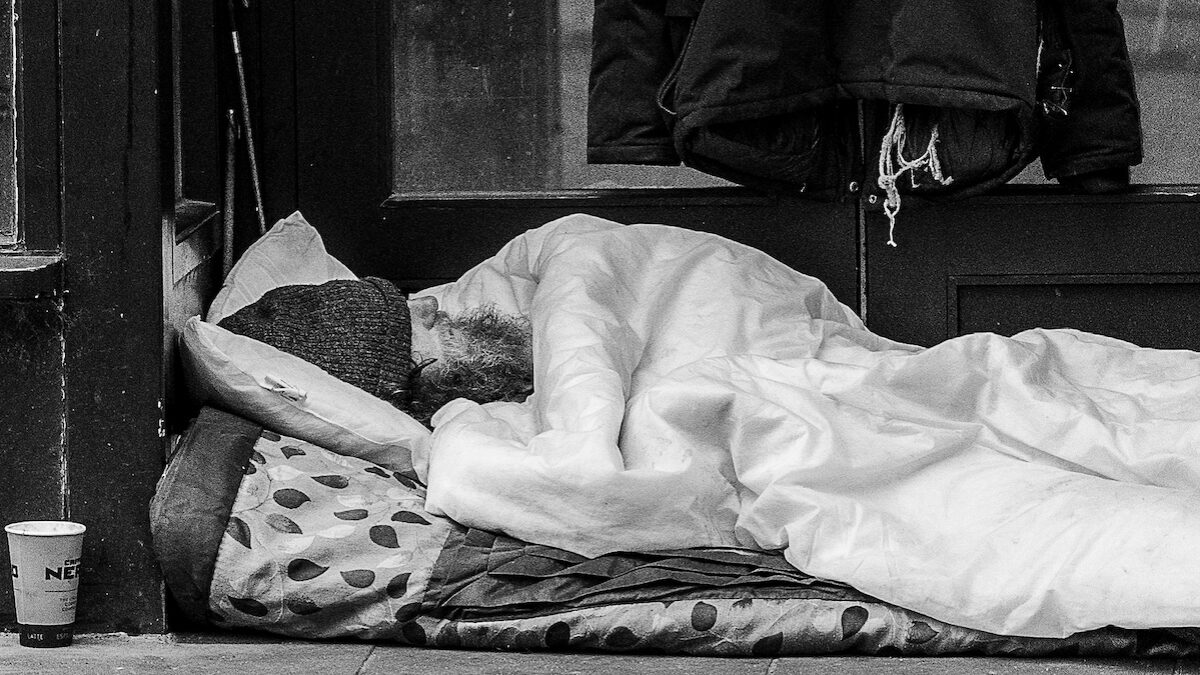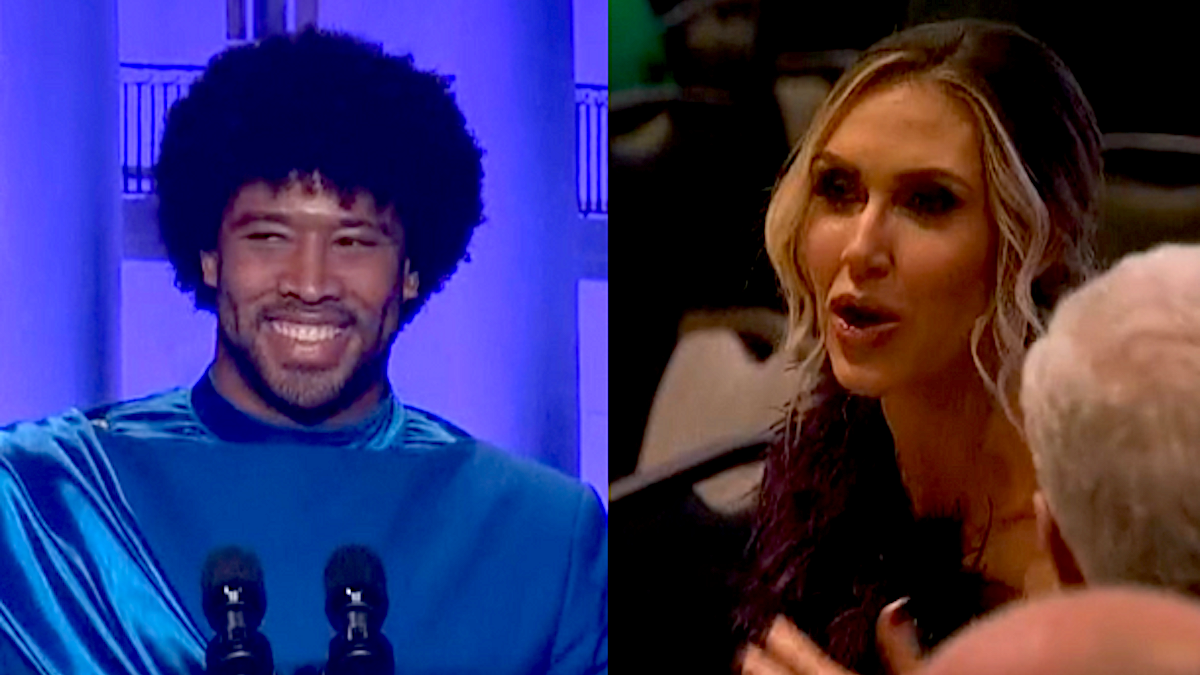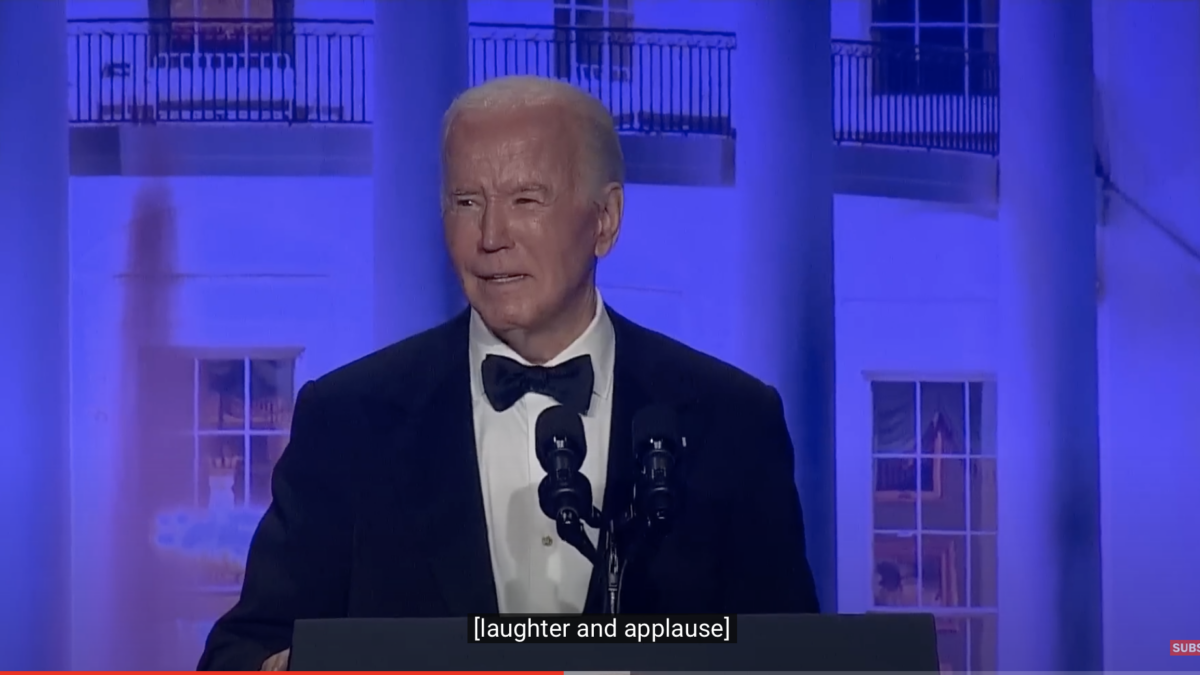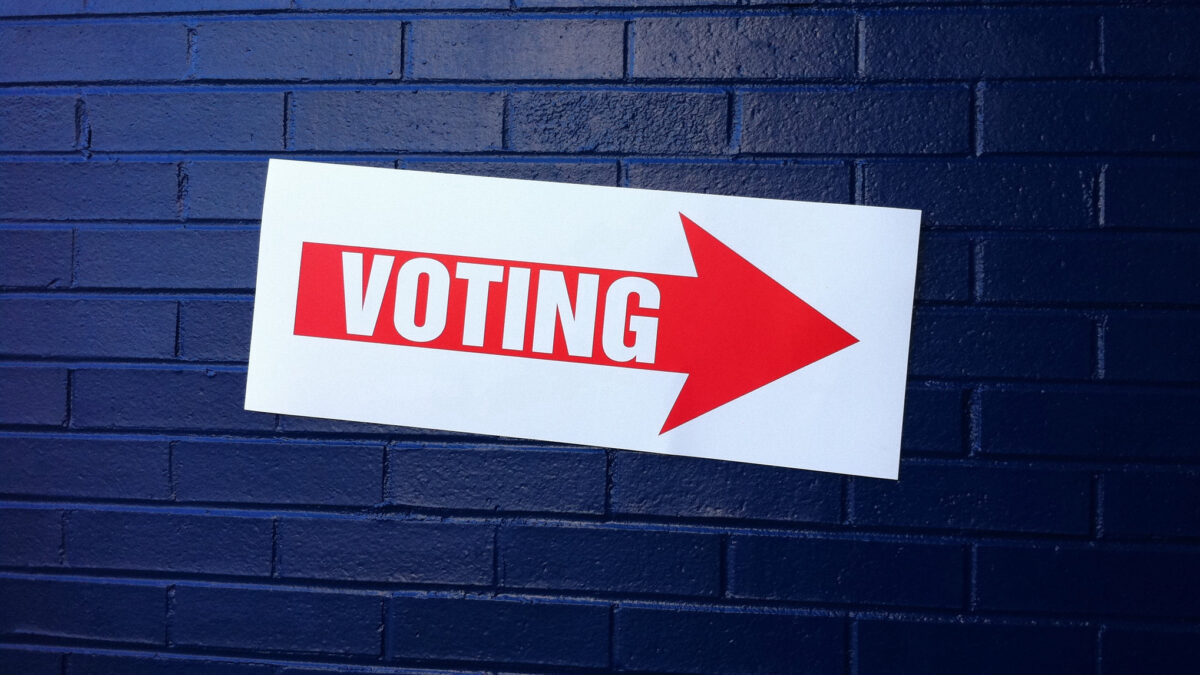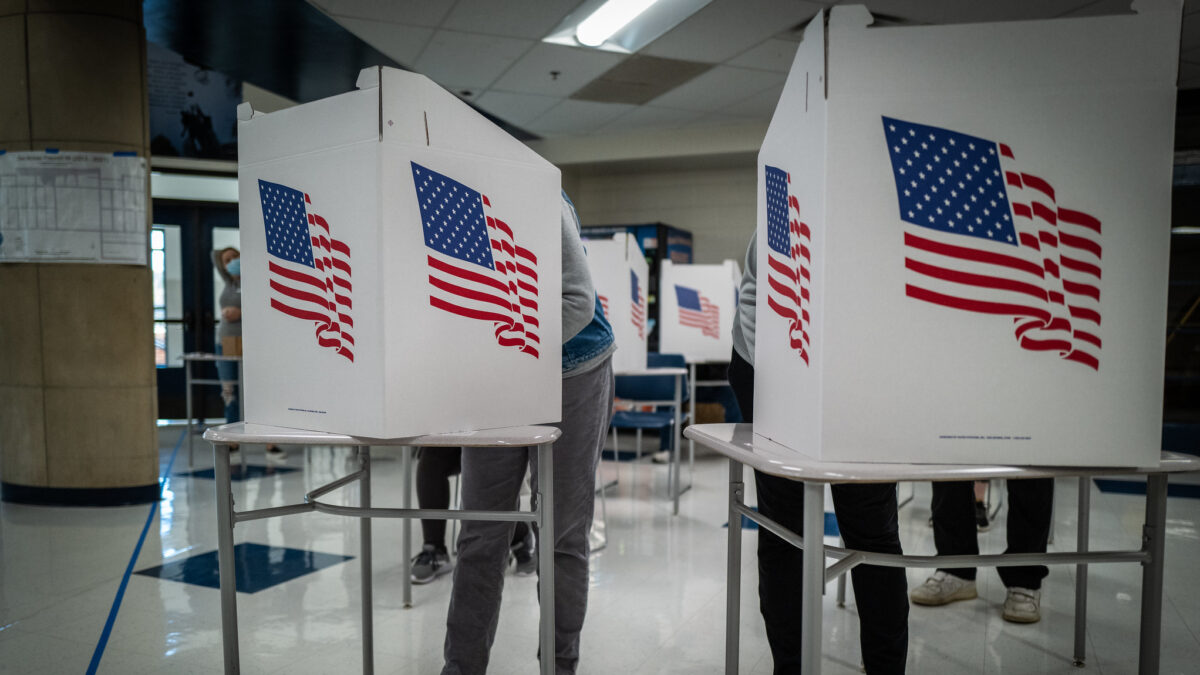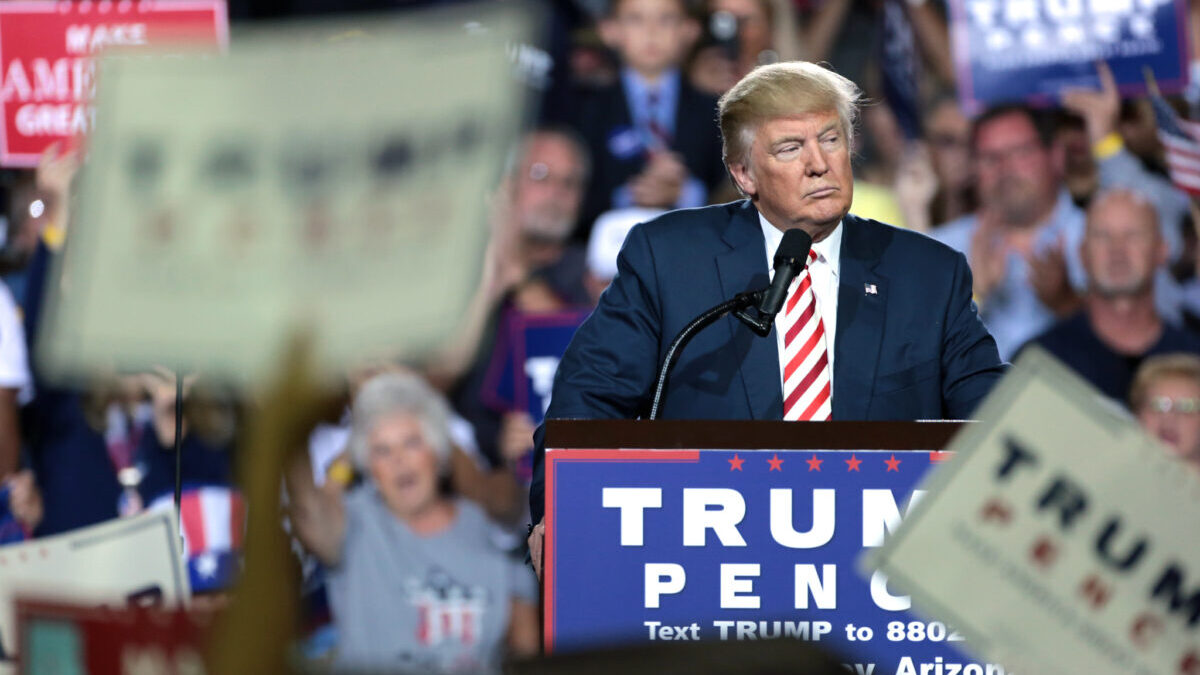
Former President Donald Trump’s attorneys are appealing a D.C. judge’s gag order that prohibits the Republican frontrunner from criticizing the special counsel who, at the behest of the Biden Justice Department, is running a political prosecution against him.
In the appeal filed Wednesday, Trump’s defense counsel protested the gag order handed down last month by D.C. District Court Judge Tanya Chutkan, who is presiding over the former president’s case related to his speech on the day of the Capitol riot on Jan. 6, 2021.
“This is not about whether I like the language Mr. Trump uses,” Judge Chutkan reportedly said when she handed down the order. “This is about language that presents a danger to the administration of justice.”
Chutkan, despite being an activist judge with a record of unusually harsh sentences for pro-Trump demonstrators, refused to recuse herself from the politically charged case in September. In their Wednesday filing, Trump’s attorneys argued the gag order was both unprecedented and unconstitutional.
1. The Gag Order Is Unprecedented
Trump’s attorneys noted the former president made history as the first presidential frontrunner to face a gag order heading into the next election.
“The Supreme Court has ‘never allowed the government to prohibit candidates from communicating relevant information to voters during an election,'” they wrote, citing the 2002 Supreme Court case Republican Party of Minnesota v. White. “Accordingly, no court has ever imposed a gag order on the political speech of a candidate for public office, let alone the leading candidate for President of the United States — until now.”
2. The Gag Order Is Election Interference
With a more than 44-point lead in the RealClear aggregate of GOP primary presidential surveys, Trump has maintained overwhelming support over his Republican rivals throughout the entire race. Trump’s chief opponent for a second term in the White House is President Joe Biden along with his weaponized Justice Department and Democrat prosecutors in state and local offices, who have targeted Trump with a combined 91 charges.
In court, Trump’s attorneys wrote Chutkan’s gag order “restricts President Trump from making public statements about key aspects of his prosecution at the hands of the Administration he is seeking to replace — issues that are central to, and inextricably entwined with, the 2024 Presidential campaign.”
The Department of Justice, which is run by a handpicked Biden nominee and has a history of running cover for the Biden family, has successfully muzzled the administration’s top political opponent.
3. The Gag Order Violates The First Amendment
Trump’s attorneys argued the gag order violated not only Trump’s right to free speech, but also the public’s.
“The Gag Order violates President Trump’s most fundamental First Amendment rights,” they wrote. “Even worse, it gives no consideration to the First Amendment rights of President Trump’s audience, the American public, to receive and listen to his speech.”
4. The Gag Order Relies On A ‘Heckler’s Veto’
Trump’s attorneys also argued that Chutkan’s order relies on the “heckler’s veto,” or the court’s speculative assumption that supporters of the former president would harass prosecutors in response to the defendant’s statements.
“The First Amendment forbids this heckler’s veto, and even if it were legally viable — which it is not — no convincing evidence supports it,” they wrote. “President Trump has made many public statements about this case in the three months since his indictment, and yet the Department of Justice (‘the prosecution’) submitted no evidence of any ‘threats’ or ‘harassment’ to prosecutors, witnesses, or court staff during that time.”
“Instead,” Trump’s lawyers added, “the prosecution admitted, ‘of course this prejudice is speculative.'”


